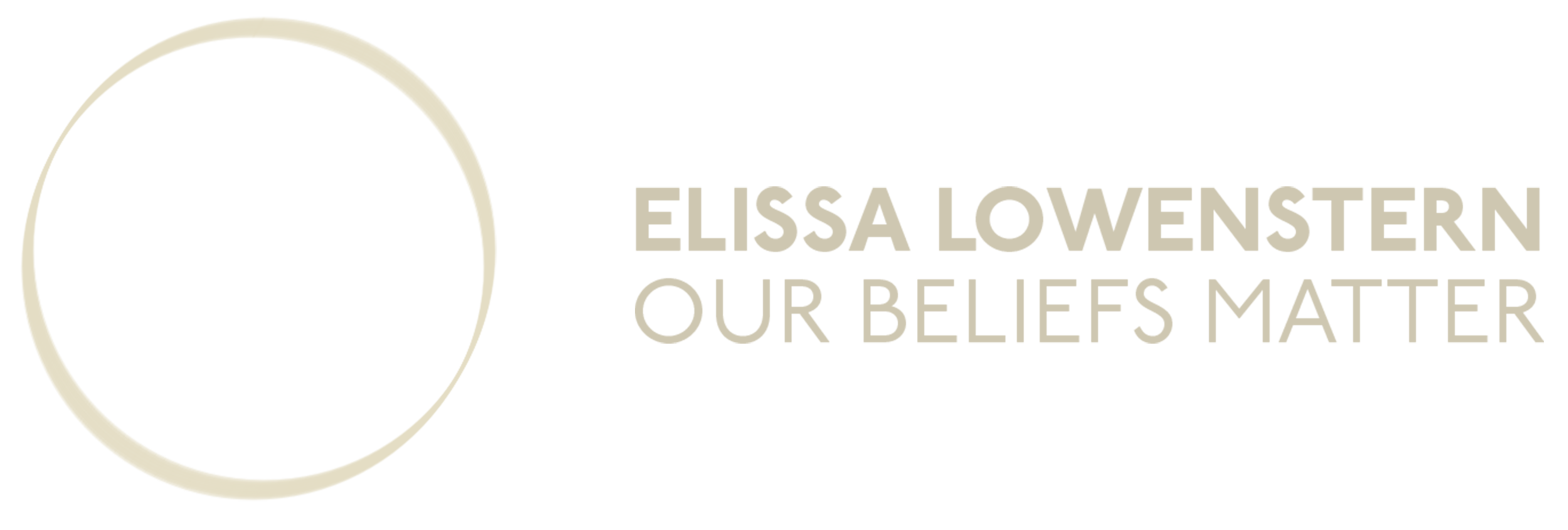Making Decisions
Why do we often play it safe when we it comes to making decisions?
In my work with people over the years, I have heard similar stories of people who hold back on making important decisions. They agonise over what will happen if they do this and if they don’t do that. They have a never-ending conversation in their heads that torments them night and day. They ask themselves: Should I leave my relationship that is not fulfilling me? Should I accept the promotion at work that means longer hours and less time with my family? Should I tell my friend how I really feel about what happened between us?
And so it continues, on and on.
What I found that most people share is a fear of committing to a decision.
They are scared of not making the right decision.
They are scared of how friends, family/loved ones or peers might disagree with their decision and judge them.
They are scared of the unknown.
And so, many choose to remain in their unhappy situation – to stay stuck, to please their family/loved ones, their friends or their peers – and to sacrifice their own happiness.
Some people I have noticed enjoy this struggle that makes up a large part of their decision-making process. They feel more alive when they are pushing up against something. It becomes the norm of their everyday life.
Their inner recording says: I just hate making important decisions. It is never easy. And, I’m no good at it.
What if you could turn this around?
What if you were able feel joyful about decision-making?
The journey to effortless decision-making begins with a journey into our inner selves. To the core beliefs we have around decision-making. These core beliefs will influence and direct how we approach the important and even the not-so-important decisions. Whether or not we believe that decisions should be a struggle.
Often we focus on the potential negative consequences of making a decision – the ‘what will happen’ in our environments and our relationships aspect. The connection to our intuition and what we want for ourselves is either a small or a non-existent part of the process. Getting in touch with who we are and what we want in any given situation, is part of developing trust in our own ability to make choices and to follow through with them.
It doesn’t necessarily mean that major life decisions will be effortless. Some decisions require courage, perseverance and small steps. And we won’t always make the right decision.
Warmest,
Elissa

